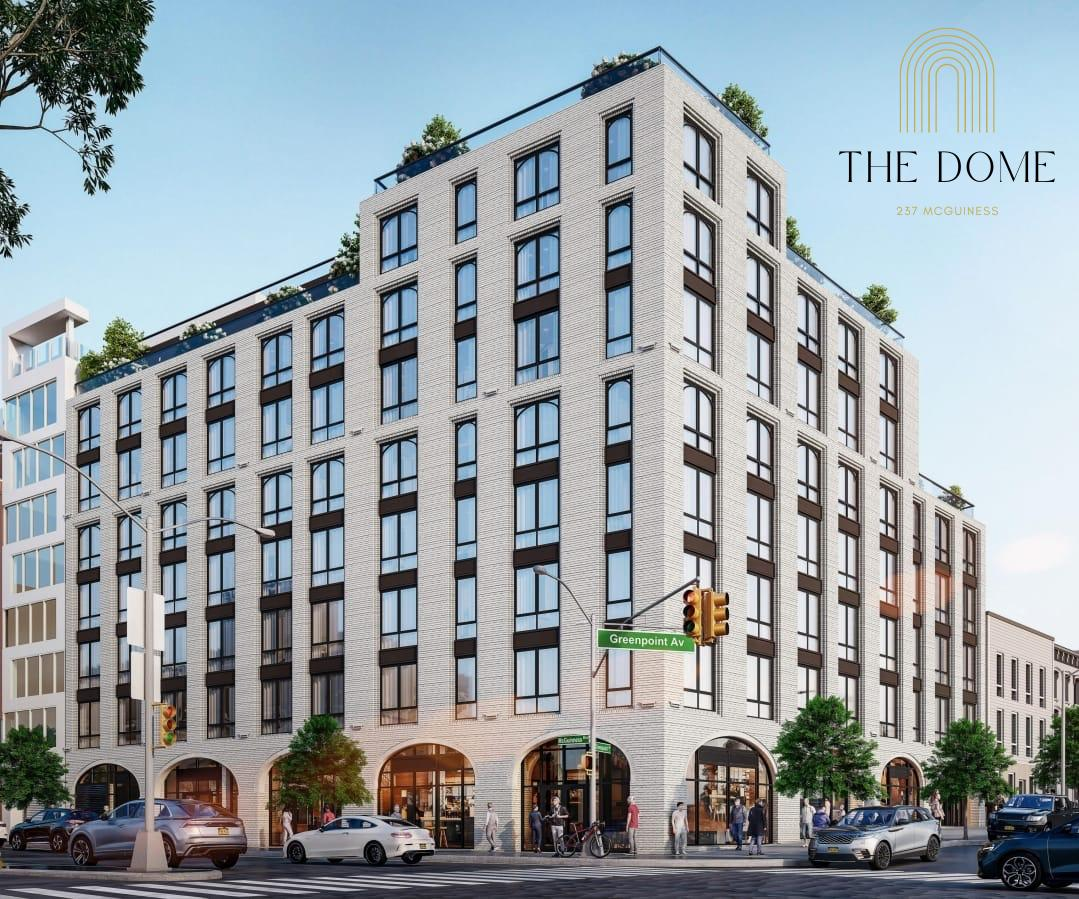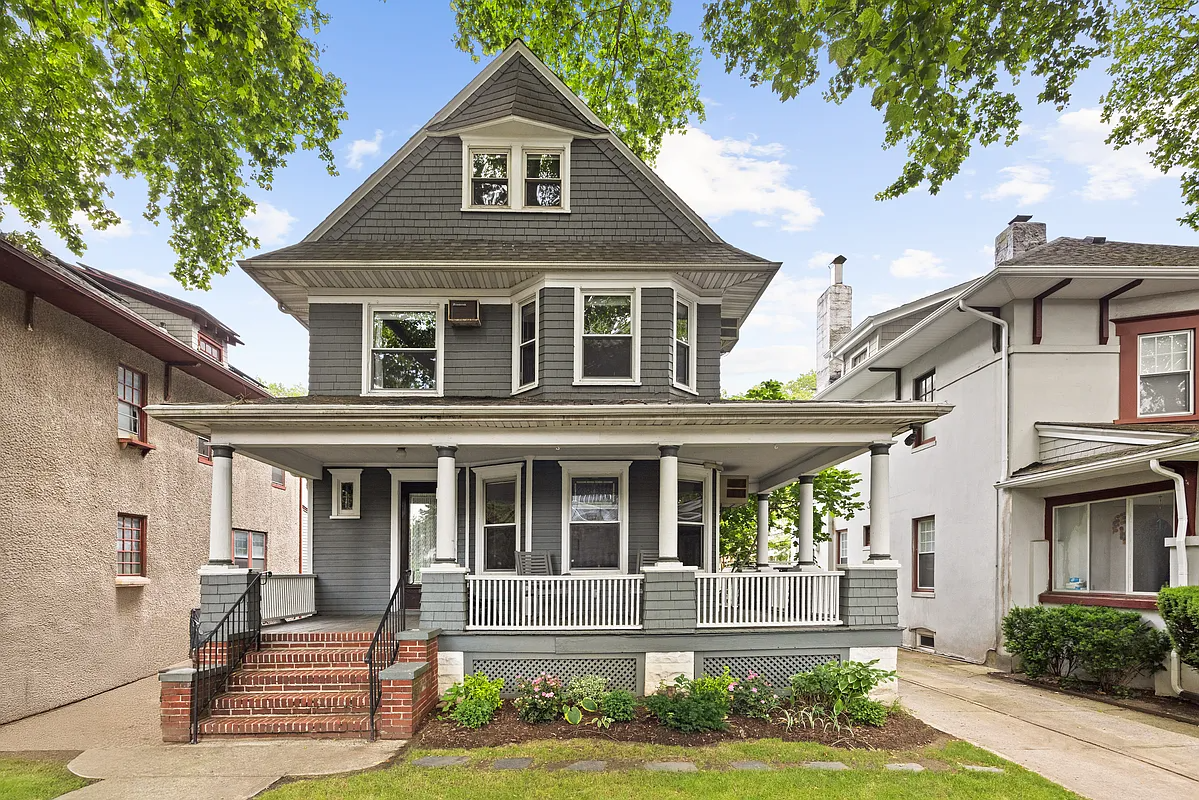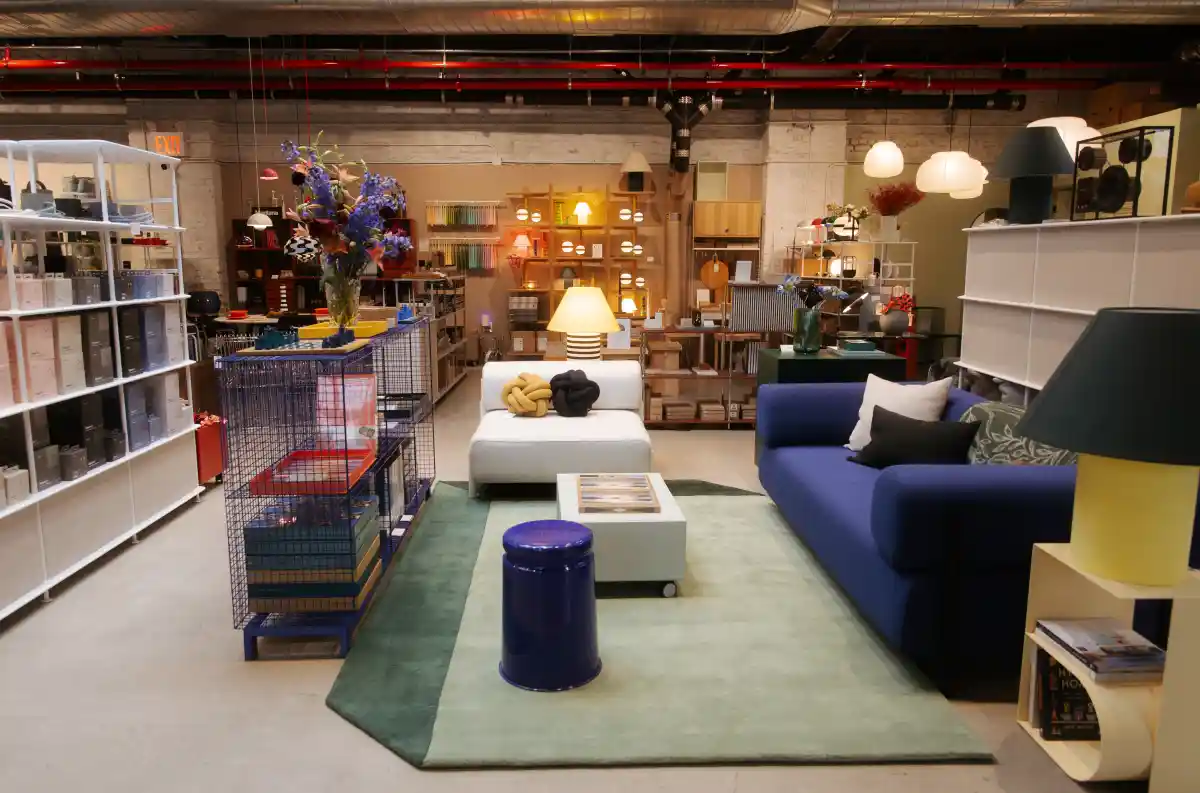More Negative News on the Housing Front
More statistics came out yesterday showing that the air is continuing to leak out of the nation’s housing bubble. The National Association of Realtors reported that in July sales of previously owned homes hit their lowest level in more than two years, while prices flattened and houses sat on the market longer; not surprisingly, the…


More statistics came out yesterday showing that the air is continuing to leak out of the nation’s housing bubble. The National Association of Realtors reported that in July sales of previously owned homes hit their lowest level in more than two years, while prices flattened and houses sat on the market longer; not surprisingly, the supply of unsold houses also hit a record high. The question the experts can’t seem to agree on? Whether we’re in for a soft or hard landing. Regardless, it seems like a safe thing to predict that the results will vary greatly by local market.
New Signs of Cooling in Housing [NY Times]





Whether to rent or buy is not always simple. However, when a market is overappreciated (as many seem to belive the market is now) buying is not always the smartest. The main benefit to buying a house, is that a house allows a person to acquire a large investment that the person otherwise would not be able to afford (in this case the house is the million dollar investment). When the property is appreciating, the owner gains the benefit of using the house, and the increased equity in the house as the value increases. However, when a market is going down, the owner actually loses equity in the house (namely the down payment). When property values are going down, sometimes, it is better to rent and save money on a monthly basis. This is especially true for individuals who are buying property with the intention of selling it within 3-5 years. Renting permits teh individual to actually increase their savings, which in turn can be used later on for a larger down payment on a property (when values have stabilized).
On a daily basis, it really depends on the amount of house you can buy versus the amount of house you can rent. Take a duplex apartment say valued at about $1.0 million, the mortgage on this is going to be close to $5000 without maintenance costs. In all likelihood a similar apartment can be rented for between $3500-$4500, which means on a monthly basis the renter will be saving at least $1000-2000. Over a year, that is between $12000-$24000. Noew supposing the person bought the apartment and put 20% down (200000). if the partment decreases in value by 5% ever the year that is a $10000 loss on the investment and a $20000-$34000 loss when compared to renting. If the property increases 5% that is a $10000 profit, the same as renting with the low end projected savings. Essentially, under the above numbers, the owner needs to see a consistent increase of 15% on the property annually to have a greater return than renting.
I rent a huge 3 bedroom 2 bath with a terrace, doorman and parking and yes a pool, for a heck of a lot less then most peoples monthly mortgage. Would I like to buy YES!!
But when we started looking, we ended up looking at those standard attached/detached homes w/ living room, dining room and kitchen, 3 bedrooms on the 2nd floor (kennigston & Windsor style homes).
Basically not much bigger then our apartment, yes we get a basement and a yard but for about an additional $1,700 more a month plus HEAT!!!!
For a place that I already felt I was growing out of… I did not think the investment was worth it and I did not think I would get my money back as that would not be a long term home.. So renting for us was not a bad deal. If you got your home more then 5 years ago sure owning is cheaper.
Do the math a Million dollar home with 20% down at 6% interest your talking a monthly mortgage of $4,800 a mth.
Plus all the other cost that go with owning a house. Now interest rates are almost at 7% and the cost of heat keeps going up..
You need to do the math and see what is better for you and there are still plenty of places that you can get a good fair rent.
“And I’m already feeling like the equity is working for me.”
Just don’t fall into the trap of spending paper gains that may not be there in the future. I think that’s the point that we’ve been making here.
I’m anon 11:12– but I was talking about other, luckier people when I referred to long-time owners– I’ve only owned my place for 2 1/2 years.
And I’m already feeling like the equity is working for me. That was what I meant to say.
Anon at 11:12, I agree – if you’ve been in a while, before the huge boom, and had a normal mortgage, there’s no reason renting would be cheaper – for YOU. But for the folks that bought past three years? For them, the costs of renting are often cheaper. So yes, it’s the long term owners that made out.
I disagree that renting is necessarily (cheaper than a mortgage (Anon 9:03).
Rents have really skyrocketed in Brooklyn, creating a situation where I can pay a fixed-rate mortgage payment that is about half the going rental rate. (I know this because I just sublet my one-bedroom apartment.)
Granted, I pay maintenance & utilities on top of the mortgage, but it still can’t add up to more than 75-80% of the rent– and I’ve only owned my place for a couple of years. People who have owned for a long time have really gotten ahead of the game, despite the softening market.
My wife and I have been looking for over a year now for a brownstone. There have been some that we put offers on, but the sellers were not willing to move off the asking price. For the market at that time, they might have been right, although the market a year ago had clearly cooled compared to two years ago. When viewing the houses, I belived most of them were overpriced, but nonetheless, I took the position that if we could find a brownstone that we liked and could afford, we would go forward with it, because we were looking to buy for the longterm. My reasoning was based on teh fact that my wife and I would only buy aprtments in which we could afford a fixed mortgage, so any change in interest rates would not affect us. Unfortunately for many owners, much of the housing market in Brooklyn was pushed by lower interest rates coupled with an influx of new buyers from outside of New York; however, both of these trends have changed. While I agree Brooklyn and New York City is a unique place to live and thus it will withstand a market collapse better than elsewhere, there are many factors which indicate that Brooklyn especially will be hit hard by the chnaging market. During the last five years, Brooklyn’s real state has increased dramatically (no one would question that). Many of these people were young individuals who rented in Manhattan and could not afford the property values in Manhattan. They came to Brooklyn and paid premiums for places for homes in which they got everything they could hope for. Unfortunately, many of them used ARMs to get the extra items they were looking for. Many who bought five years ago, and even four and to a lesser extent three years ago, should have refinanced to fixed rate mortgages as the rates started to increase. Those who didin’t (which I suspect is significant) and those who bought within the last two years are in for a rude awakening. Within the Brooklyn housing market, there has always been one constant, families and individuals who make large incomes and are relatively secure financially. Thee individuals are a constant, they were there in the seventies, eighties, nineties, and now. They are partially the reason for increasing markets; however, there influence is more off a constant, and teh great increases in the last five years are definitely not the result of these buyers. Instead, the last five years were influenced by young professionals making good incomes (some well above average), but most not anywhere enough to sustain a $1000-$2000 increase in mortgage payment a month. Therefore, these indivudals are who most likely will force the market down. The individuals who purchased with ARMS to get into house, which the borker or mortgage broker, or bank sold them by stating “we can get you in the house” with an ARM, and in three to five years, you will refinance and be settled. Unfortunately, the sales pitch is going to bite them, how much no one knows. But, I think it will be significant.
I still disagree that renting is throwing money away, and that’s one of the issues I have with this whole real estate thing – there are plenty of people who SHOULD be renting, but b/c of comments like that, ran out and bought what they had no business buying anyway.
And no matter how you cut it or play with the numbers, renting around here is WAY cheaper than buying and to me that smacks of a lack of fundamentals that can only lead to a drop in prices. Renting isn’t a horrible thing, if you do it right – don’t get more than you need and take the money you’re saving and invest it wisely for a downpayment later -that’s how it always worked and will work again. And if when renting you still have no money to save, you definitely have no business buying a place.
I agree you can’t spend your life worrying, though. At this point, there’s nothing you can do. And a modest gain is something to be grateful for, but sadly, I doubt many people will see it like that. The one thing you can never control is psychology.
I just bought a brownstone apt in Park Slope. It was soooooo expensive. I made the offer in late March, before prices dropped. I knew the value might drop, but the alternative was renting again. My husband and I were getting kicked out of our great rental apartment so that the landlord’s relative could have it. We had just repainted and fixed it up a couple years before. We wanted more control over our apartment, even if we don’t make money on it. I just really hope we just break even when we sell in a few years. (4-5 years is our timeline).